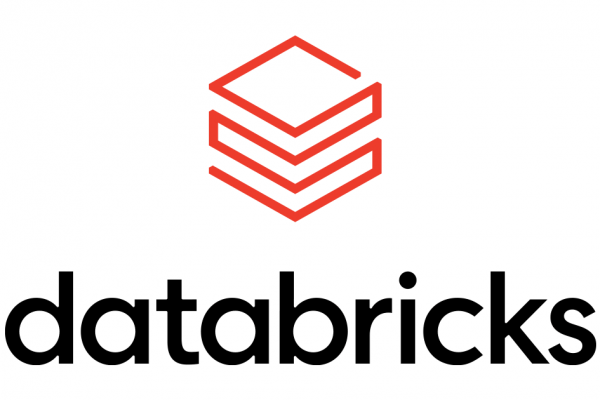Platform
- Serverless Real time inference exposes your Mlflow ML model as a rest api endpoint.
- Databricks terraform provider updated to version 1.10.1
- Variable explorer in Databricks Notebooks, you can directly observe current Python variables and their value in the notebook UI. (Requires DBR12.x)
- Databricks extension for Visual Studio Code lets developers leverage the powerful authoring capabilities of IDEs while connecting to Databricks clusters to run the code remotely.
- Databricks Runtime 12.2 Beta is now available as Beta releases
- Starting February 21, 2023, legacy global init scripts and cluster-named init scripts are deprecated and cannot be used in new workspaces
- Notebook cell output results limit increased, the lesser of 10K rows or 2MB is displayed
- With Databricks Runtime 12.0 and above you can create a Ray Cluster and run Ray applications in Databricks.
Governance
- Authenticate to Power BI and Tableau using Oauth.
- Audit Logs include entries for OAuth SSO authentication to the account console.
- Account SCIM is now GA. It lets an identity provider create users in a Databricks account, give users the proper level of access and remove access when they leave the organization.
Workflows
- Jobs now supports running continuous jobs
- You can use File arrival trigger to run your Databricks job when new files arrive in an external location such as S3 or Azure storage
Databricks SQL
- Support for DESCRIBE DETAILS in the editor.
- Improved schema browser loading speed.
- You can now view a list of possible columns on the side panel of a SELECT *.
- You can now selectively overwrite data matching an arbitrary expression in a Delta table using REPLACE WHERE.
- DELETE and UPDATE now use dynamic file and partition pruning in instances where it improves performance.
- The UNPIVOT clause is now supported by Databricks SQL. Use the UNPIVOT clause to rotate columns of a table-valued expression into column values.
- You can now use the SQL syntax, TIMESTAMP AS OF in SELECT statements to specify the version of a Delta Sharing table that’s mounted in a catalog. You can share tables WITH HISTORY.
- MERGE INTO now supports WHEN NOT MATCHED BY SOURCE.
- Faster statistics collection for CONVERT TO DELTA.
- Users can now audit how many rows are deleted when running data manipulation language (DML) operations such as DELETE, TRUNCATE, and replaceWhere with partitioned predicates.
Machine learning
- Serverless real time inference exposes your ML models as Rest API endpoints. This functionality uses Serverless Compute
- You can use existing feature tables in Feature Store to augment the original input dataset for AutoML forecasting problems




